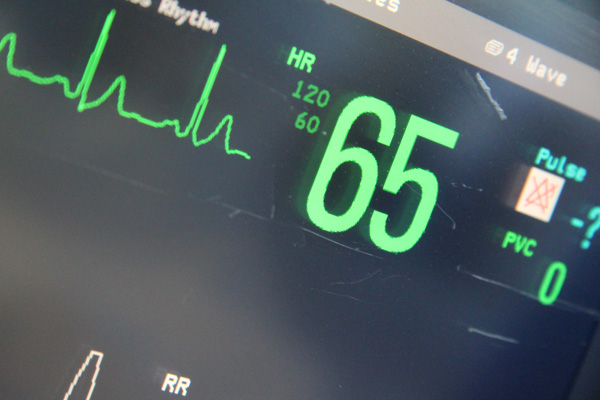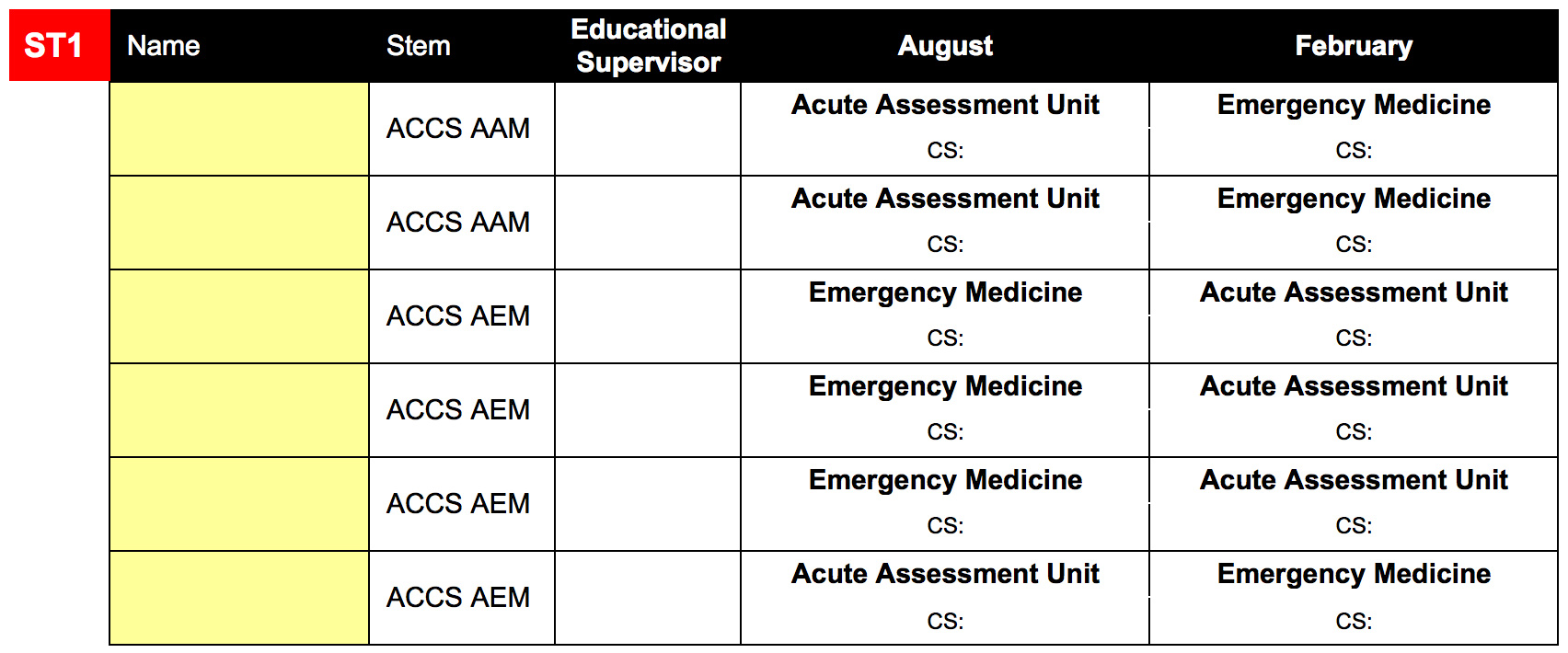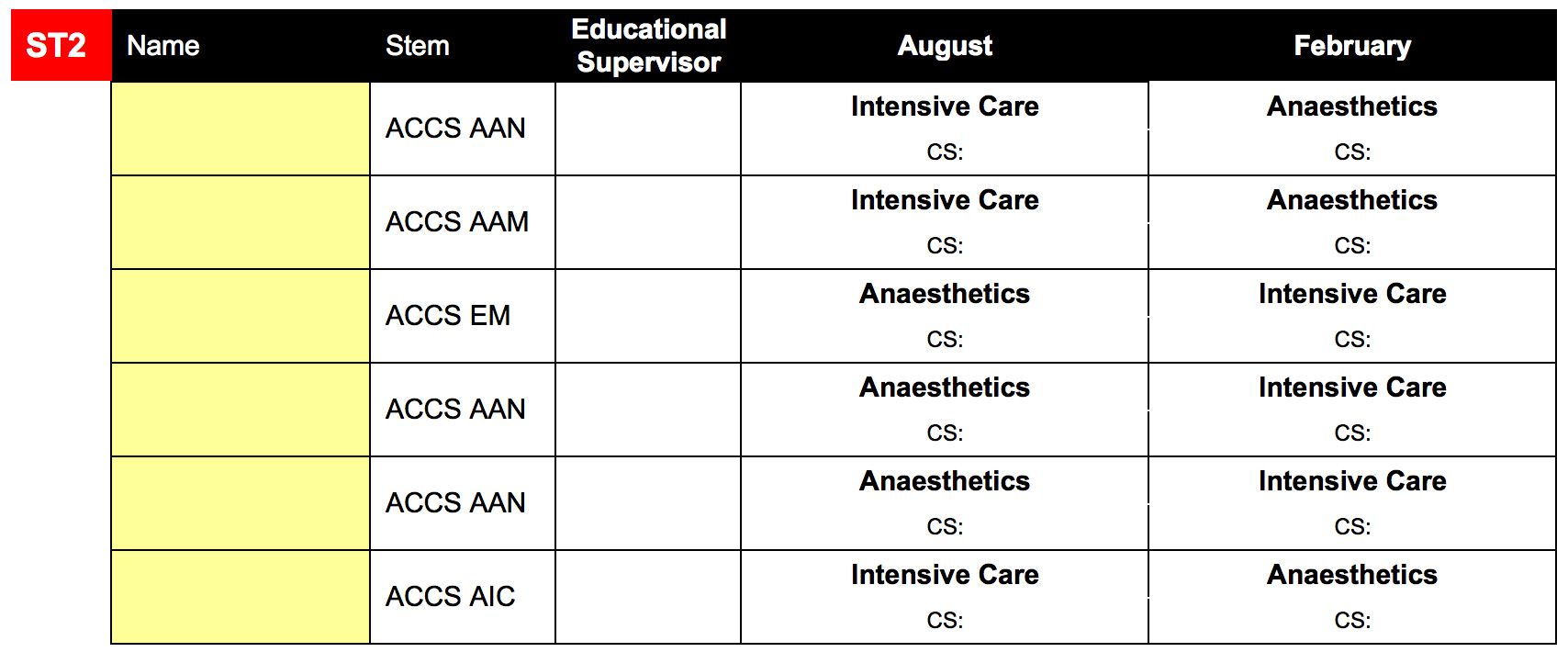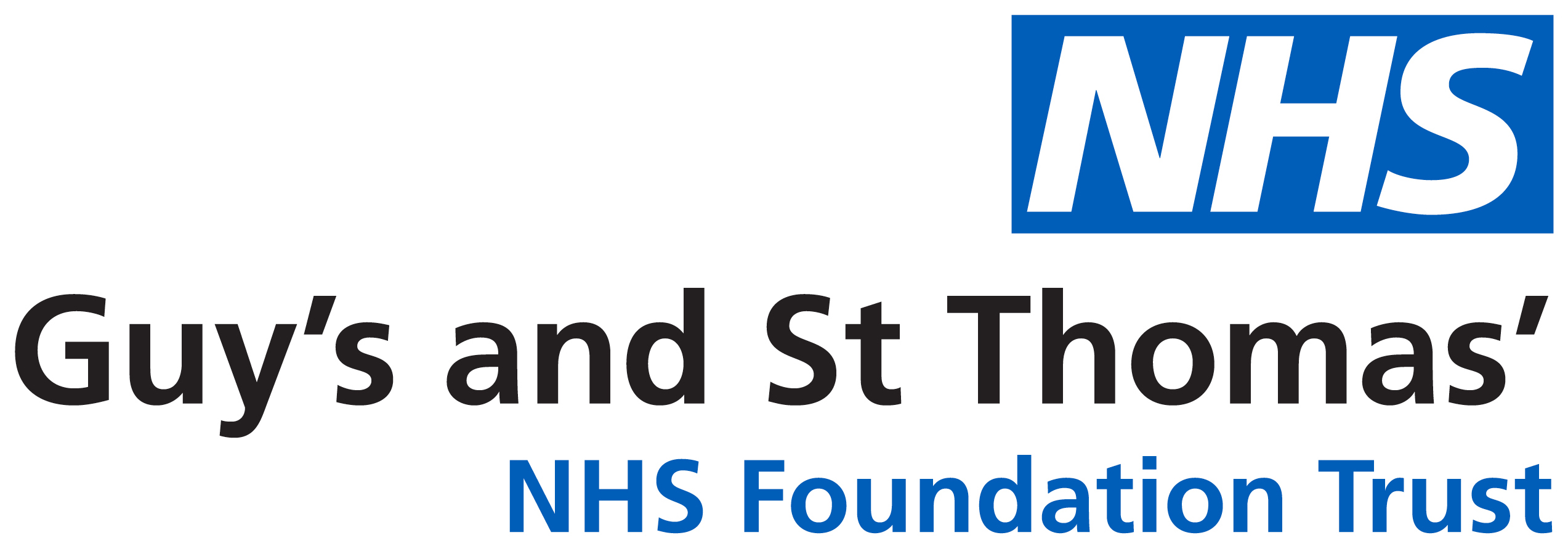ACCS is a 3 year training programme that normally follows Foundation Year 2. It is the only core training programme for trainees wishing to enter higher specialty training in Emergency Medicine and is an alternative core training programme for trainees wishing to enter higher specialty training in General Internal Medicine (GIM), Acute Internal Medicine (AIM) or Anaesthesia. The first two years are spent rotating through Emergency Medicine (EM), General Internal Medicine, Anaesthetics and Intensive Care Medicine (ICM). The third year is spent providing training that will ensure the trainee meets the minimum requirements for entry into higher specialty training in their parent specialty (EM, GIM/AIM, Anaesthetics and also ICM). The components of training in ACCS are:
- 1 year emergency medicine + general internal medicine: acute (usually 6 months each)
- 1 year anaesthesia + intensive care (minimum of 3 months in each)
Aims of ACCS
The aim of ACCS training is to produce multi-competent junior doctors able to recognise and manage the sick patient and who have the complementary specialty training required for higher specialist training in emergency medicine, acute medicine, anaesthesia and intensive care medicine.
Within the overall aim, each parent specialty has a specific objective for their own ACCS trainees:
- Acute Medicine: ACCS is one of the training options available for delivering the core competences required for a CCT in GIM, AIM or one of the acute medical specialties in a pre-planned and structured manner. The first two years of ACCS training (GIM (Acute), EM, Anaesthetics and ICM) are followed by a further year in GIM (Acute). The trainee should take part in at least 4 shifts of acute medical take per month during the 6 month period of training in medicine. This three year training programme fulfils the requirements for progression to higher training in GIM, AIM or an acute medical specialty.
- Emergency Medicine: ACCS constitutes the first three years of the CCT in EM in a pre-planned and structured manner. The first two years of ACCS training (EM, GIM(Acute), Anaesthetics and ICM) are followed by a further year gaining additional competences in adult EM (including musculoskeletal emergencies) and Paediatric Emergency Medicine; thus fulfilling the requirements to progress to higher training in EM.
- Anaesthesia: Anaesthetics offers career opportunities in a wide range of subspecialty areas all of which can be achieved by direct entry to an Anaesthetic CCT programme. However, those Anaesthetic trainees with an interest in the ‘acute’ end of the Anaesthetic spectrum will find ACCS an ideal career starting point. It provides trainees with more widely based experience than is available solely within the Anaesthetic CCT programme. The first two years of ACCS training (GIM (Acute), EM, Anaesthetics and ICM) are followed by a year of Anaesthetic experience at CT2 level.
- Intensive Care Medicine: ACCS allows trainees who wish to obtain dual CCT in Acute Medicine & ICM, Anaesthetics & ICM or Emergency Medicine & ICM, to obtain the competences of the complementary specialties in a pre-planned and structured manner.
Further information can be found on the following link: https://www.rcoa.ac.uk/accs
ACCS at GSTT
At GSTT there are 6 trainees in year 1 and 6 in year 2. ACCS trainees stay at GSTT for the 2 years duration and all specialties required of the curriculum are offered.
An Educational Supervisor (ES) is allocated to each trainee at the start of the ACCS programme and will remain their Educational Supervisor for the full 2 years. This consultant is responsible for pastoral care and monitoring the progress of training throughout the ACCS programme. At GSTT the ES is allocated from the first specialty that the trainee is rostered to.
In each post there is a consultant responsible for the day to day management of each trainee as they pass through each training post, this clinical supervisor will normally not be from the trainees parent speciality but understands the needs of ACCS.
Below is an example of the 2 year rotation for ACCS trainees:


Teaching and Training
The ACCS trainees are encouraged to attend a variety of educational opportunities at the Trust. The trainee will usually attend the teaching programme of their parent specialty but are encouraged to also attend the teaching programme for the specialty they are doing their training in.
ACCS trainees are also invited to attend the CMT teaching which is held every Wednesday 2:15pm – 3:15pm in South Wing Lecture Theatre, St Thomas’ Hospital which is video-linked to Sherman Education Centre, Guy’s Hospital.
How to apply
Recruitment to ACCS is done via separate streams, dependent on the parent specialty
For further information please contact [email protected]


